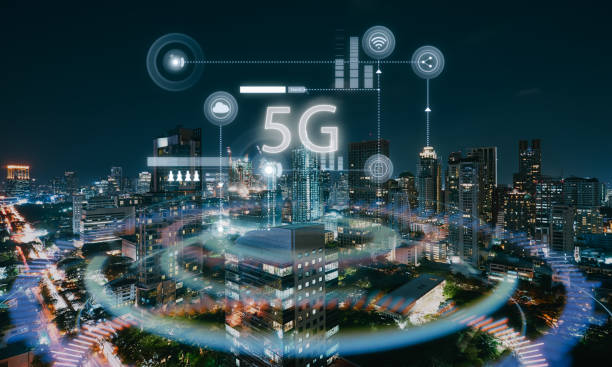The advent of 5G technology promises to revolutionize connectivity across the globe. In Africa, where digital infrastructure is often limited, 5G presents a unique opportunity to bridge the digital divide and accelerate economic development. A key component of this transformation is the 5G core network, which serves as the brain of the 5G system.
Understanding the 5G Core Network
The 5G core network is fundamentally different from its 4G predecessor. It is designed to handle the increased data traffic and latency requirements of 5G applications. Key components of the 5G core include:
User Plane Function (UPF): Handles data forwarding and packet processing.
Control Plane Function (CPF): Manages network control and resource allocation.
Network Slice Manager (NSM): Enables the creation of tailored network slices for different use cases.
Service Management Function (SMF): Manages services and subscriptions.
Benefits of 5G Core Solutions in Africa
The deployment of 5G core networks in Africa offers numerous benefits, including:
Enhanced Connectivity: 5G provides higher data speeds, lower latency, and greater capacity compared to previous generations of mobile technology. This will enable more reliable and efficient connectivity for both individuals and businesses.
Economic Growth: 5G can drive economic growth by enabling new business models and applications. For example, 5G-powered IoT devices can be used to optimize agricultural production, improve healthcare services, and enhance transportation systems.
Social Inclusion: 5G can help bridge the digital divide by providing access to education, healthcare, and other essential services in remote areas. This can contribute to social inclusion and poverty reduction.
Innovation: 5G is a platform for innovation, enabling the development of new products and services that can improve people’s lives. For example, 5G-powered virtual reality and augmented reality applications can be used for education, training, and entertainment.
Challenges and Considerations
Despite the significant benefits of 5G core solutions, there are several challenges to consider:
Infrastructure: Deploying 5G networks requires substantial investments in infrastructure, including base stations, fiber optic cables, and power supplies. In many African countries, this can be a significant hurdle.
Spectrum Allocation: The availability of spectrum for 5G services is essential. Governments need to allocate spectrum efficiently and effectively to ensure that 5G can be deployed at scale.
Regulatory Environment: A supportive regulatory environment is crucial for the success of 5G. Governments need to develop policies that promote investment, innovation, and competition.
Cybersecurity: 5G networks are vulnerable to cyberattacks. It is essential to implement robust cybersecurity measures to protect against threats.
Conclusion
5G core solutions offer a promising opportunity to transform Africa’s digital landscape. By addressing the challenges and leveraging the benefits, African countries can accelerate economic growth, improve social inclusion, and drive innovation. As 5G technology continues to evolve, it is likely to play an increasingly important role in Africa’s development.


